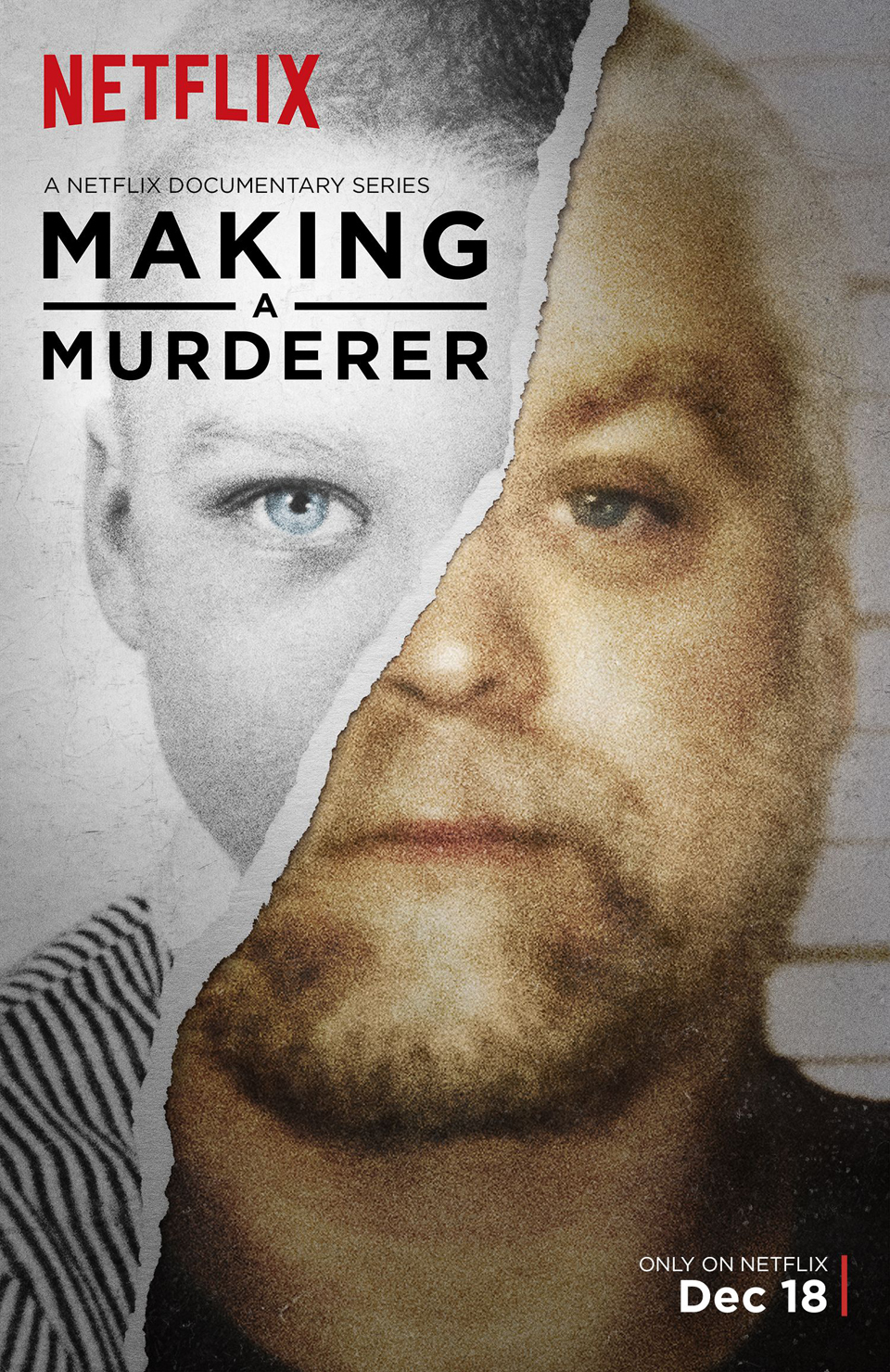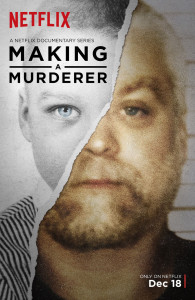
By Craig Taylor | the Duquesne Duke

The popularity of “Making a Murderer” led to a petition with 128,000 signatures being sent to the president to pardon Steven Avery.
An incredibly engrossing documentary series, “Making a Murderer” chronicles Steven Avery’s six-week trial for the murder of Teresa Halbach. In its 10-hour runtime, it attempts to highlight flaws in the American criminal justice system and how negligence of law enforcement can lead to wrongful convictions. The series’ true story is as disturbing as it is captivating, which it underhandedly utilizes to sell its biased and selective narrative.
The first episode of “Making a Murderer” covers Avery’s 18-year stint in prison after he was wrongfully convicted of sexual assault and attempted murder, including the misinterpretations from local police which lead to his incarceration. After being exonerated by DNA evidence, Avery sued his hometown Manitowoc County for $36 million for personal compensation and punitive damages regarding the police misconduct. Around the same time the officers involved in the civil suit were being deposed, photographer Teresa Halbach went missing after last being seen on the Avery family property.
The rest of the series covers Avery’s murder trial and all of its captivating twists. There are jaw-dropping moments captured on film that will have audiences shaking their heads in disgust, including some of the tactics employed by police officers and prosecutors in order to substantiate their case against Avery.
What gives the documentary its swaying credibility is its unbelievable wealth of footage. Viewers are given an unbridled look at Avery’s side of the case, including the actual courtroom recording of the murder trial, phone conversations between Avery, his attorneys and his family and intimate footage of the Averys throughout the hearing. The audience sympathizes with Avery’s family and can’t help but become enthralled with their plight. But this seemingly deliberate directing decision leads to the series’ fatal flaw: its lack of transparency.
“Making a Murderer” could be filed under the category of “conspiracy documentary,” a subgenre which has become increasingly popular with the advent of social media. These films have a deliberate objective, and utilize entrancing stories presented in a skewed perspective in order to garner attention for their cause. A recent example was 2013’s “Blackfish” which was criticized for its misleading claims and subjectivity. “Making a Murderer” also uses deceptive techniques when telling its story, such as glossing over or omitting damning evidence against Steve Avery or details about his life that would portray him as an unlikeable lead.
One part of Avery’s past which is only briefly touched upon is his history of animal cruelty. The documentary only mentions his involvement in the death of his family’s cat when, in reality, he doused it in lighter fluid and tossed it into a bonfire. Evidence brought up by the prosecution in the Halbach trial that “Making a Murderer” is not able to explain is left out completely, including Avery’s apparent infatuation with Halbach. The potentially character-threatening bits of his life that are included are sugar-coated by Avery himself and members of his family, none of whom offer an objective view. None of the documentary’s chief interview subjects come from outside Steven’s family or defense team, and Ken Kratz, the district attorney who prosecuted Avery, said the filmmakers denied his request to be interviewed. While the directors dispute this, there doesn’t seem to be much of an attempt made to include sources of conflicting opinion in the documentary.
Despite a lack of objectivity, “Making a Murderer” is a series that should be watched, albeit with a skeptical eye. Although the filmmakers might not be much more impartial than the police officers they’re criticizing, it still raises some important questions about criminal justice that ought to be further explored. And with the White House recently responding to a petition to look into the Avery case more closely, the show could be the catalyst for positive changes to the American judicial system. Despite its flaws, “Making a Murderer” is a remarkable documentary series that deserves to be watched and talked about.

